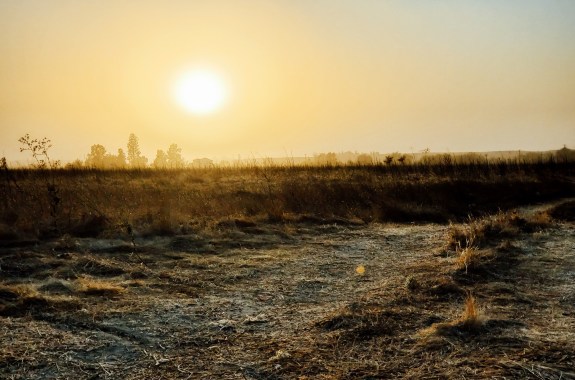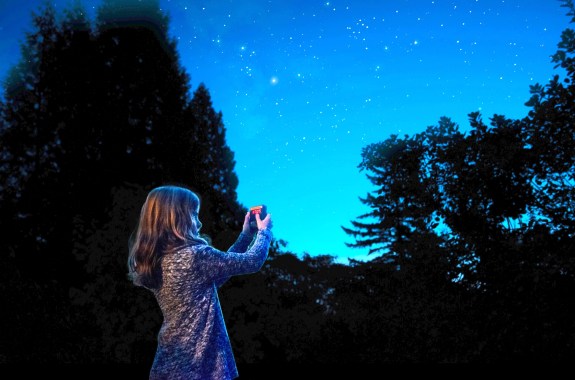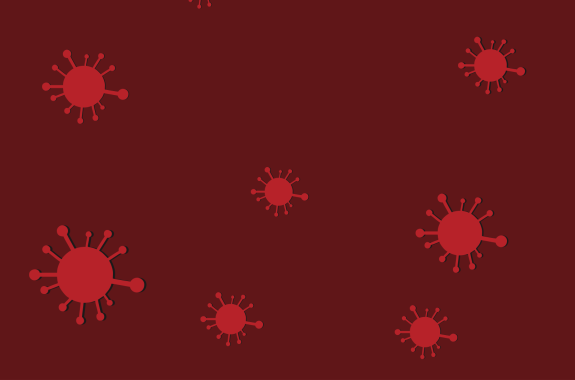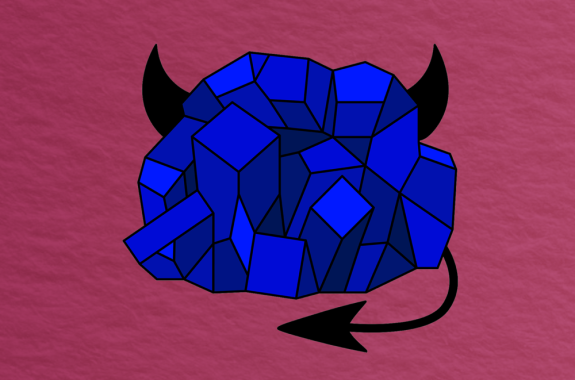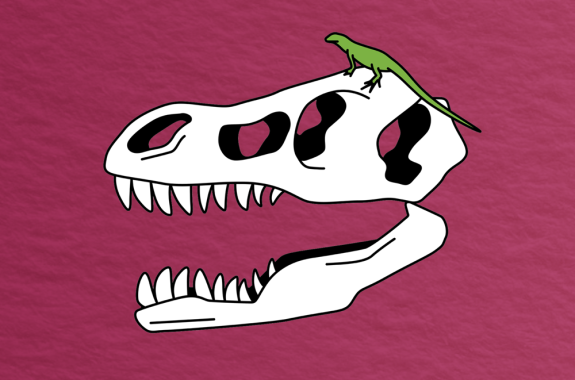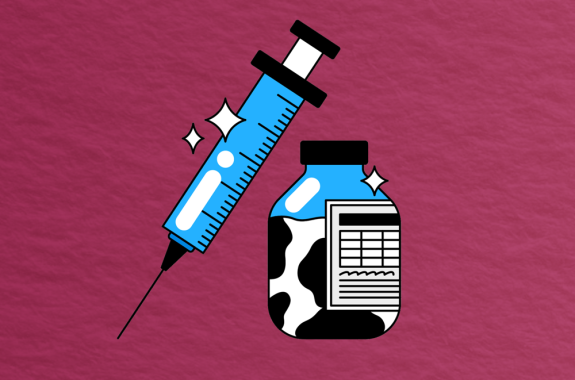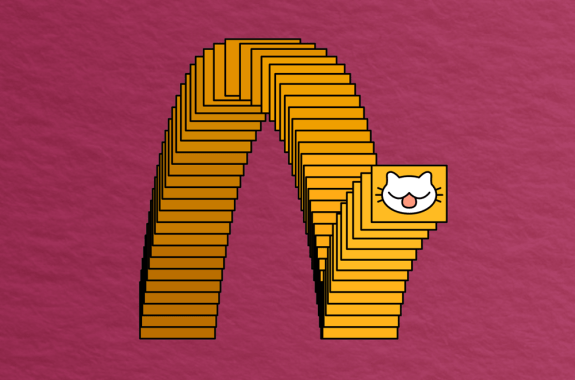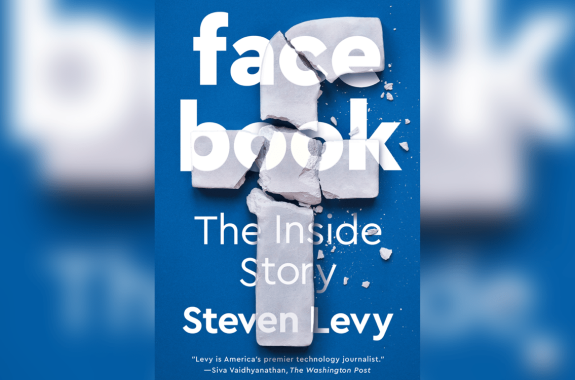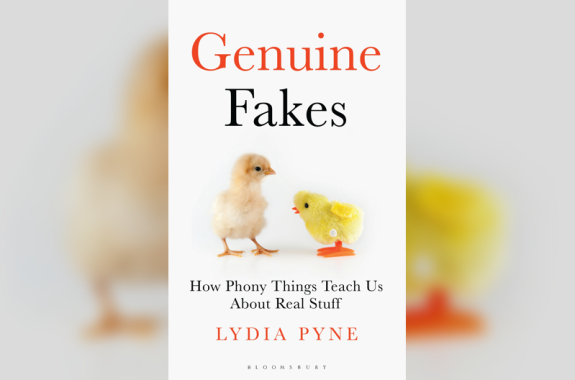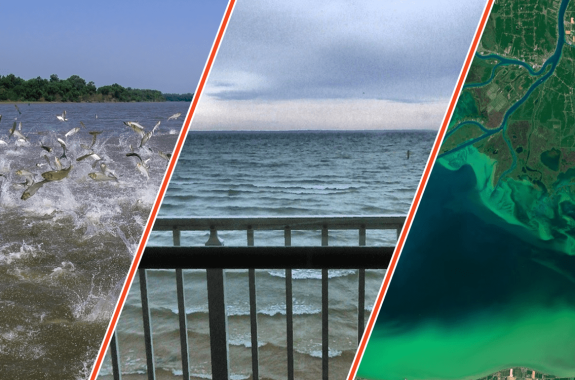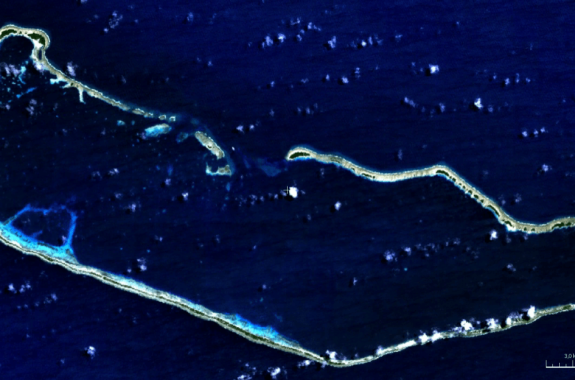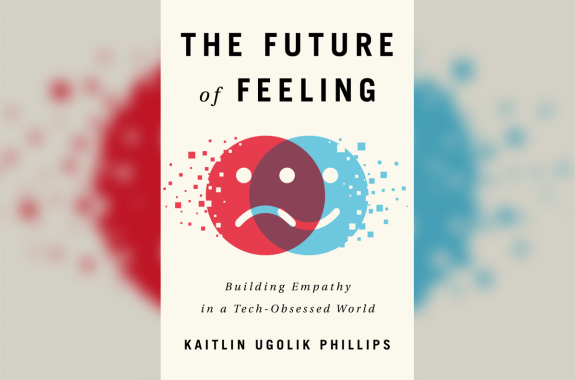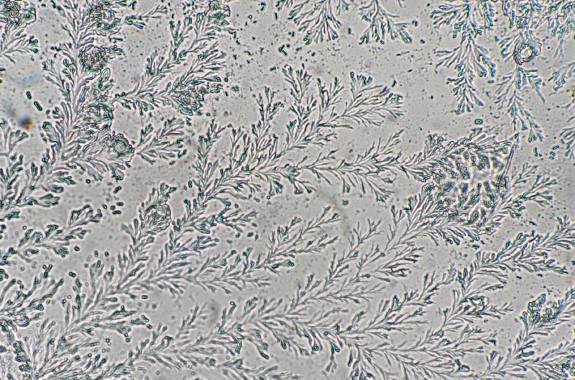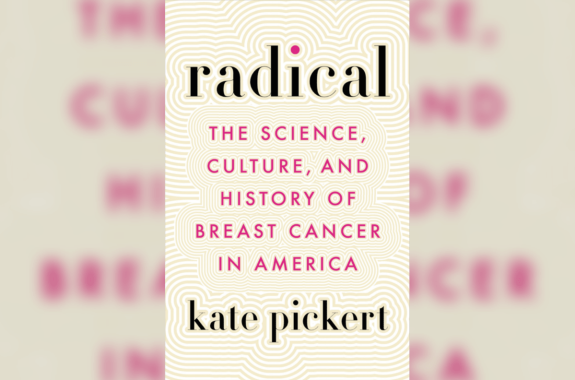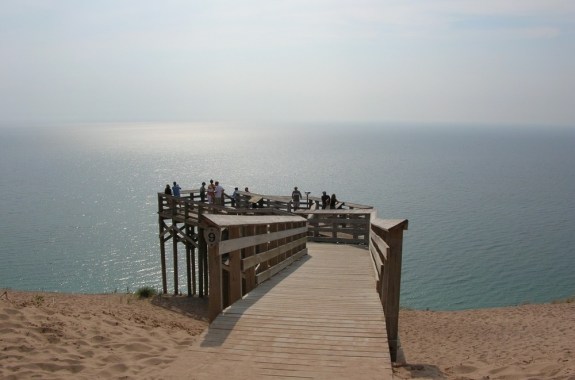Articles
Science Friday is your trusted source for news and entertaining stories about science.
A Fever In The Dust
Although still unknown outside of the American West, Valley Fever is a severe fungal infection—and its territory may expand as the climate warms.
How Two African-American Employees Exposed Polaroid’s Role In Apartheid South Africa
In materials scientist Ainissa Ramirez’s new book, she tells the story of a pair of Polaroid employees exposed the company’s involvement in a police state.
Science Diction: Quarantine
Quarantine is on all our minds lately. But the word goes all the way back to the time of the Black Death.
How To Participate In Citizen Science During A Pandemic
Science Friday is an official partner for Citizen Science Month! Join us online throughout April to become a citizen scientist yourself.
‘O Snail’ And Other Poems From Jane Hirshfield
Poet Jane Hirshfield writes prose about humanity and our planet while pondering the crises of refugees, justice, and climate in her new book of poems.
Your Questions About COVID-19, Answered
You’ve had a lot of questions about the novel coronavirus. We’ve compiled answers and tips from health experts we’ve interviewed on the show.
Science Diction: Cobalt
‘Cobalt’ takes its name from a pesky goblin—and mischief is baked into its name.
Science Diction: Dinosaur
The origin of the word ‘dinosaur,’ and the story of its self-sabotaging inventor.
Science Diction: Vaccine
The origin of the word ‘vaccine’ stretches back to a disease, a test subject, and… a cow.
Science Diction: Meme
The word ‘meme’ has more to do with evolutionary biology than the internet.
Subscribe To Our New Podcast ‘Science Diction!’
Calling all word nerds! Science Friday has a new podcast called ‘Science Diction.’ Subscribe and listen to the trailer now!
How Facebook’s News Feed Became A Political Propaganda Machine
In his new book, journalist Steven Levy unpacks how Facebook’s news feed influenced a presidential election in the Philippines—and how it was a symptom of the rise of fake news.
How The First Non-Natural Diamond Was Grown In A GE Lab
Since ancient times, people have tried to make their own diamonds. In upstate New York in 1954, it finally happened.
From Superior To Ontario, Your Love Of The Great Lakes
The Science Friday Book Club rejoiced in memories, thought about water access, and identified invasive species. So, we mapped it.
What Happens When Tech Giants Assist In Natural Disasters?
When Hurricane Maria hit Puerto Rico, the U.S. government didn’t step in to restore power. What happens when countries turn to private companies for infrastructure?
SciFri Extra: The Marshall Islands Stare Down Rising Seas
Former Marshall Islands President Hilda Heine speaks on a vulnerable country’s plan to stay put in the face of climate change, and why other countries should pay attention.
How Empathy Has Changed In The Face Of Tech
As tech takes over our lives, a journalist reckons with what has happened to our ability to empathize.
Your Cervical Mucus Is Beautiful
The protective substance is an important barrier between the body and the environment. Here’s how researchers are using it to understand health.
Wandering The Woods For A Breast Cancer Treatment
The quest to find a treatment for breast cancer in the 1960s resulted in a botanist searching for a solution in the woods of the Pacific Northwest.
What You Said: Your Favorite Memories Of The Great Lakes
From loons to canoes to migrating wildlife, the Great Lakes have it all.
